Find out all about the different types of vegans and specific vegan diets from high to low carb, raw, whole food and more!
Interested in going vegan but confused about all those different vegan diets?
This article is for anyone who wants to learn more about reasons to be vegan and the diets they can try!
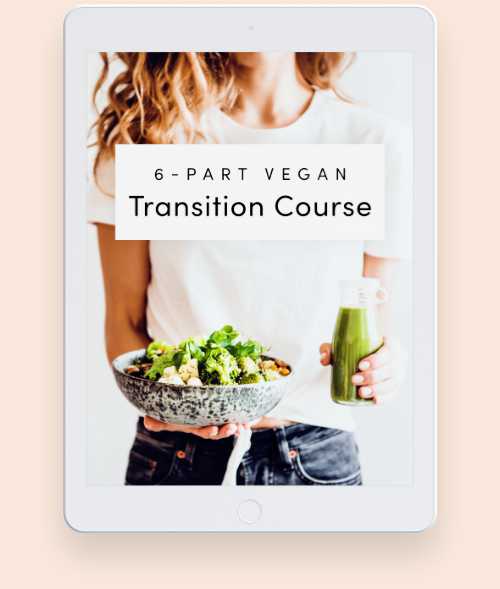
join our free vegan course!
Learn how to thrive on a plant-based diet with practical tips & a 3-day meal plan!
Especially if you are looking to eat plant-based for health reasons, you’re probably curious to know which eating pattern might be right for you — and what meals await you.
While there are probably many sub-categories, we wanted to keep this guide concise and cover the main types and diets to give you a good overview.
For more tips, check out our favorite vegan swaps, more plant-based diets and a complete transition guide!
Types of vegans
Here are the main motivations of people who go vegan. One or several of the following reasons can apply!
1. Ethical vegans
Ethical vegans stand behind the original definition of veganism which focuses on the suffering of the individual animal.
They seek to exclude, as far as practicable and possible, all forms of exploitation of animals — for the simple fact that animals can suffer and need to be protected from harm.
One can argue that this intention is the only true way of being vegan and it encompasses much more than just eating a plant-based diet: from cosmetics to wool, silk, feathers and horseriding, many everyday products or activities need to be carefully chosen when one has an ethical concern for animals.
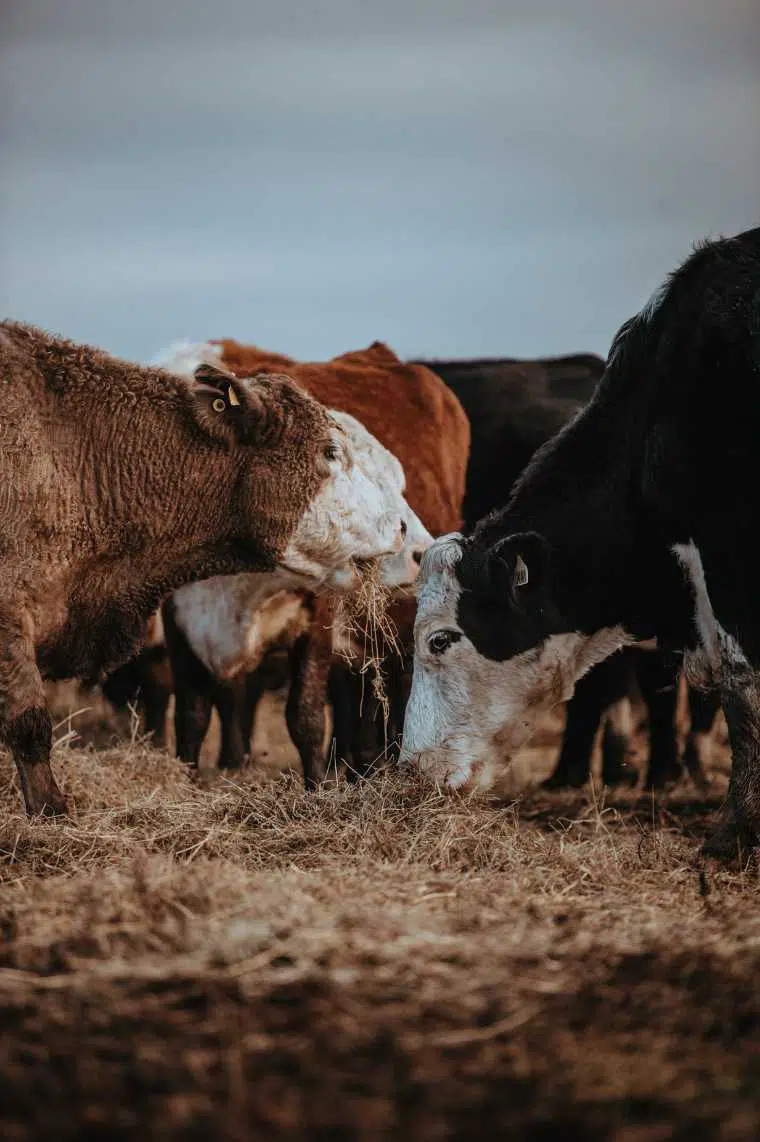
2. Environmental vegans
Environmental, or eco, vegans seek to live a “greener” lifestyle and avoid animal products due to their environmental footprint.
They often care deeply about the planet and may also avoid certain vegan foods that need to travel many miles or aren’t in season to lower greenhouse gas emissions even further!
If the environment is someone’s primary concern, they might not boycott zoos, cosmetics tested on animals and other things that are harmful to an animal.
3. Dietary vegans
Many vegans found their way to a plant-based diet because of health concerns. Most popular vegan documentaries focus on preventing diseases or losing weight effortlessly on a healthy vegan diet.
Dietary vegans often not only abstain from all animal products but also limit or avoid processed foods like sugar, oil, fried foods or soda.
If their main concern is their personal health, dietary vegans often don’t avoid animal-derived products like leather, wool or silk.
Keep on reading to learn more about the different ways to eat a vegan diet!
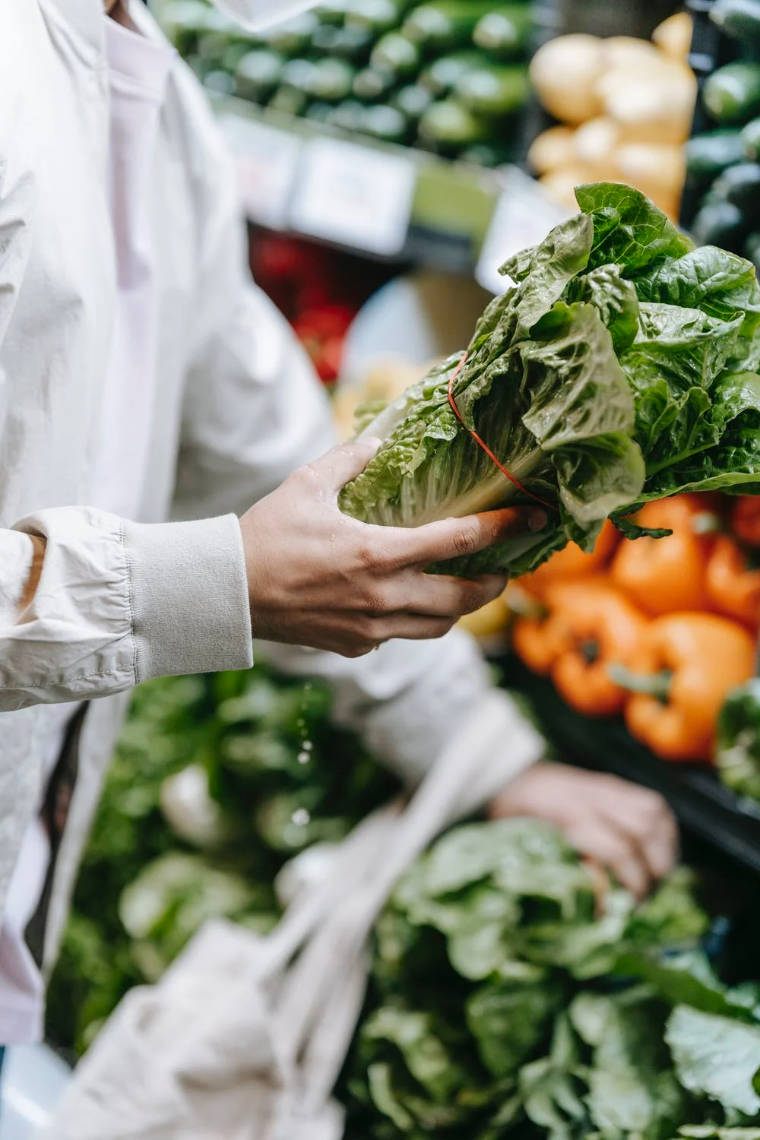
4. Religious vegans
This lesser-known type of vegan, the religion-inspired vegan, wants to reduce harm due to spiritual beliefs.
The largest group of religious vegans are followers of Jainism, an ancient Indian religion, who abstain from all violent activity (ahimsa) — including harming animals. They see this principle as their highest duty and consume a “non-violent” or vegan diet.
Some types of Buddhists and Christians (Seventh Day Adventists) also follow a vegan lifestyle, although it’s not known how strict they are about it.
Different vegan diets
Now that you know about the different types of vegans, let’s see what a vegan diet can look like — because there’s more than just one way to eat a plant-based diet.
1. Varied vegan diet
Most vegans tend to follow a varied vegan diet, meaning they only abstain from non-vegan animal products and don’t restrict their diet any further.
From pizza to smoothies, ice cream, salads or casseroles, anything goes as long as it’s vegan.
Unlike all of the other vegan diets listed below, well-rounded or varied diets often have the best long-term adherence as they are sustainable and flexible!
Mixed vegan eaters can go to restaurants or cookouts and will probably find something that is vegan — and be that french fries.
People who eat “just vegan” are usually ethical vegans and didn’t go vegan for their personal health.
2. Whole food plant-based diet
A whole food plant-based diet consists of the five main food groups: fruits, veggies, whole grains, legumes and nuts and seeds.
Those who follow this eating pattern refrain from animal products as well as most refined foods like sugar, white bread, frozen pizza, fried food, etc.
Some proponents also eat completely oil-free, avoiding even olive oil and other concentrated fats. This may be due to specific health concerns or for weight management.
A whole food plant-based diet is very nutritious, full of fiber and can easily meet nutritional requirements!
3. Raw vegan diet
A completely raw vegan diet is one of the strictest eating patterns. It excluded all foods of animal origin as well as all cooked food that’s been heated above 114 °F!
This means that a raw vegan mostly eats fruits, vegetables, nuts, seeds and herbs. They can also have sprouted grains and legumes.
Raw vegans believe that cooking food can cause health issues, which has never been demonstrated scientifically.
Some prefer to eat a fruitarian-type raw diet which is very low in nuts and seeds, while others cut back on sugary fruits and eat a high-fat “gourmet” raw diet consisting of raw lasagna, cakes and more.
It’s tough to follow a nutritionally balanced raw food diet, the main concerns being protein, calcium, iron and iodine. Raw vegans are typically very slender and women on this diet run the risk of developing amenorrhea!
4. High-carb vegan diet
Made popular through many books and documentaries, a high-carb low-fat vegan diet is a way of eating that focuses on whole grains, fruits and starchy vegetables while keeping nuts, seeds and vegetable oils low.
This diet can be helpful for weight loss and for those who struggle with diabetes and other health issues when prescribed by their doctor.
Many vegan recipes can be tweaked to fit into this diet by replacing oils or other fatty components — high-carb vegans tend to eat around or under 20% of their calories from fats.
5. Low-carb vegan diet
Yes, you can be vegan and follow a low-carb diet! While there seems to be a lot of back and forth between those promoting a vegan diet and those who eat low-carb, it’s totally possible to combine the two.
A low-carb vegan diet tends to be more restrictive than a high-carb vegan diet because many plant-based foods are naturally higher in carbs. Anything under 100–150 grams of carbs per day is generally considered low-carb.
From non-starchy vegetables to nuts, seeds and some legumes, low-carb diets can contain many healthy foods and are typically followed by dietary vegans who want to lose weight or lower their triglycerides.
If you’re interested to see what this looks like, we have keto-friendly meals and keto desserts on our blog. Click on the articles below for more low-carb recipes!
6. High-protein vegan diet
Are you a very active person who wants to be vegan? A high-protein vegan diet might be for you, then.
We’ve recently covered ethical vegan bodybuilders who show that it’s certainly possible to eat enough protein and build muscle on a plant-based diet!
A high-protein vegan diet focuses on legumes like beans, lentils, soy products and peanuts. Other good sources of plant-based protein include seitan, quinoa, oats, chia seeds and protein powder.
Check out our favorite protein-packed desserts and breakfasts or click on the articles below!
7. Freegan
A freegan is someone who doesn’t buy animal or animal-derived products at the store because they don’t want to increase the demand for these items.
However, freegans use non-vegan products when it comes to otherwise wasted items they can obtain for free and are happy to “use up.”
Freegans may go “dumpster diving” or foraging but also wear leather jackets that someone else would have thrown away.
They are often motivated by anti-capitalism and are part of the ethically-driven vegans.
8. Ostrovegans
Ostrovegans don’t abstain from all animal-derived foods. They consider it morally permissible to eat bivalves like oysters or mussels because these animals don’t have a central nervous system and are therefore unlikely to feel any pain.
It’s a controversial issue because nobody knows for sure whether bivalves are sentient or not!
Some people even go further than just mussels and oysters, eating other bivalves like scallops and clams.
If someone cannot go fully vegan, they probably cause less harm eating bivalves compared to common farm animals like cows, chickens or fish!
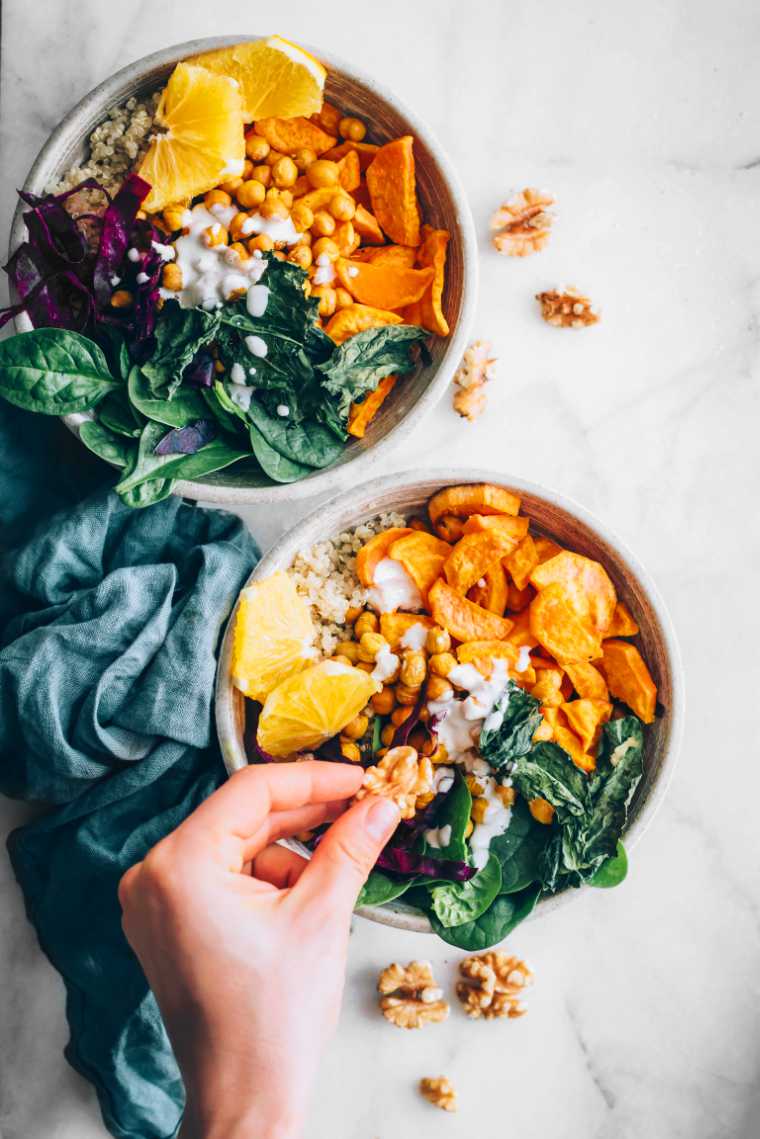
More specific vegan diets
If you’re dealing with certain health issues that make being vegan hard for you, don’t feel frustrated!
As per definition, one should reduce harm as far as it’s practicable and possible — if going 100% vegan isn’t in the cards for you right now or ever, you can still contribute to this important cause by consuming as few animal products as possible.
Here are some collections for specific dietary considerations and how to still eat plant-based!
Which type of vegan would you call yourself and do you follow a specific diet? Share with us below, send this article to your friends and Pin it here!

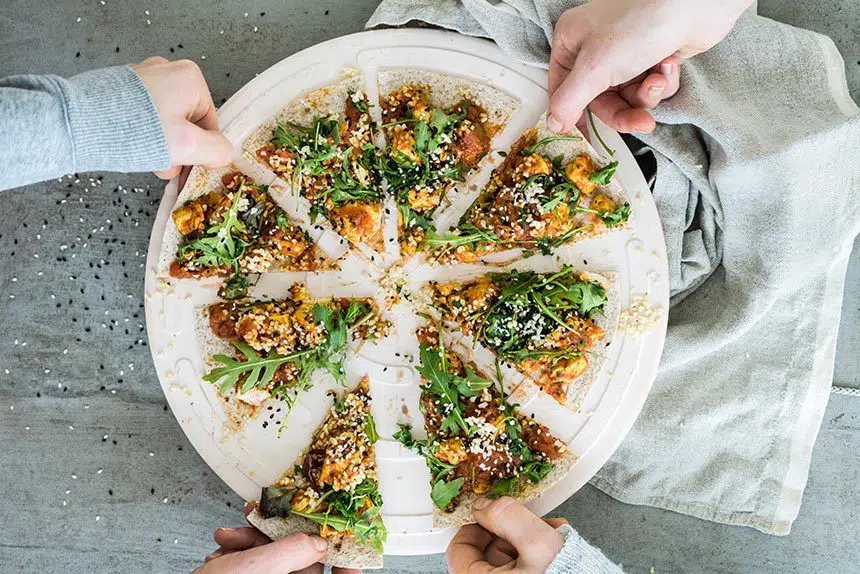
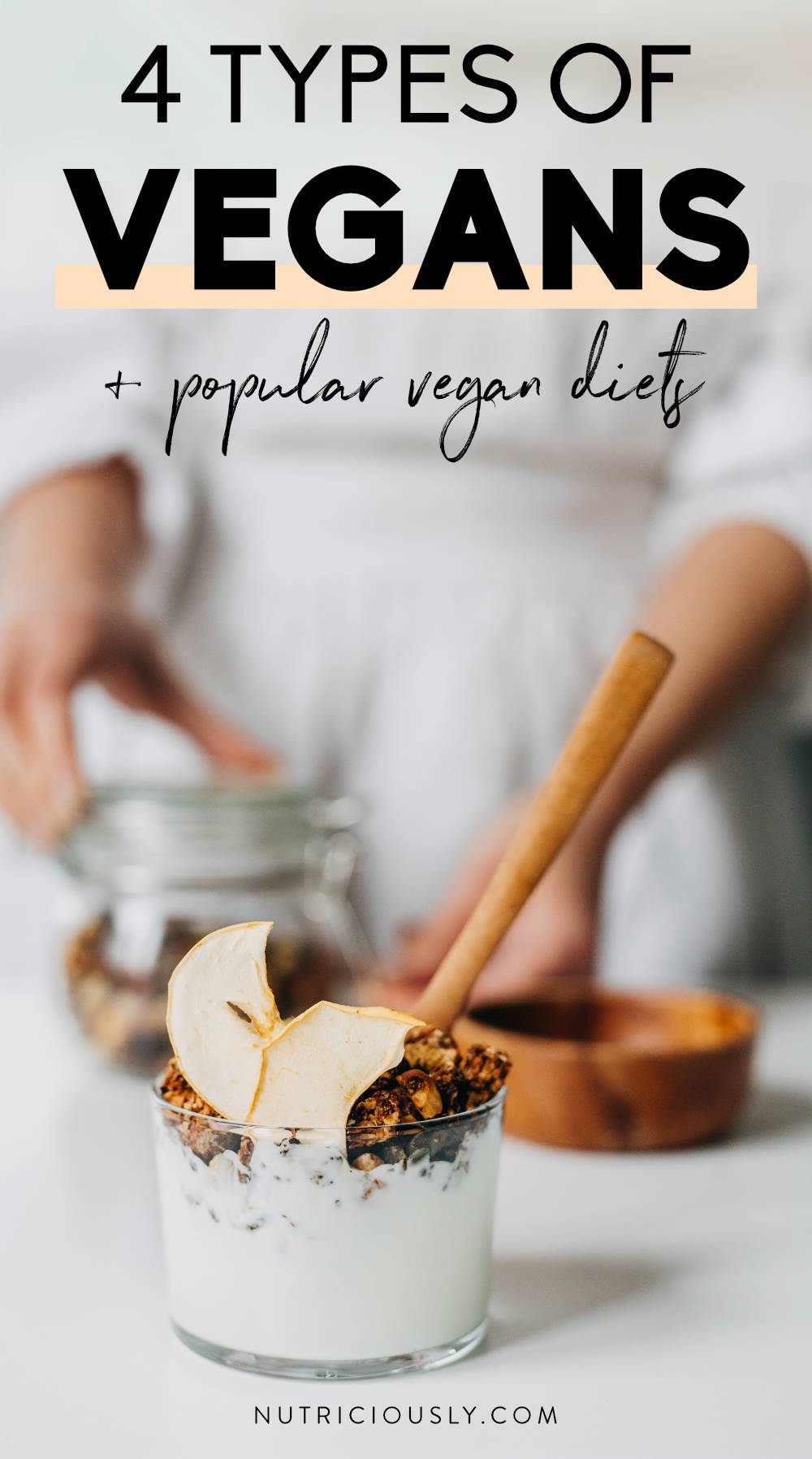
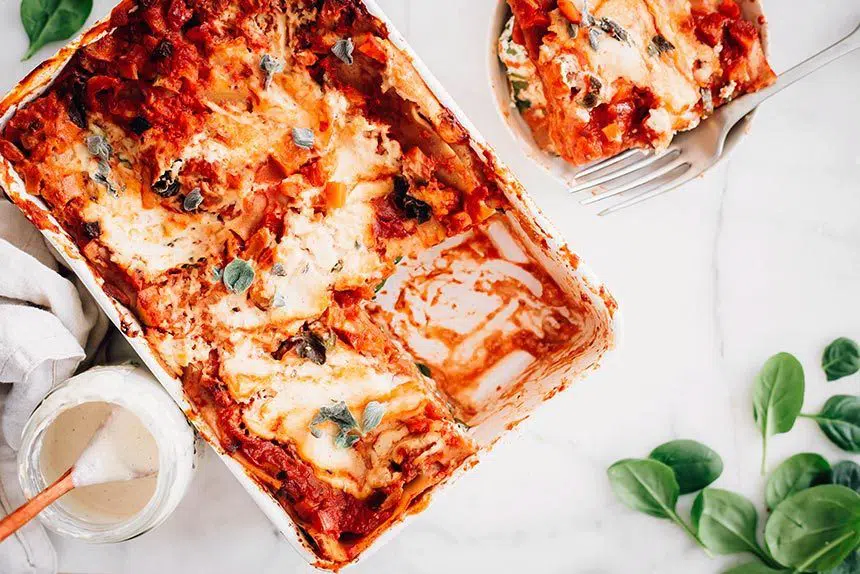
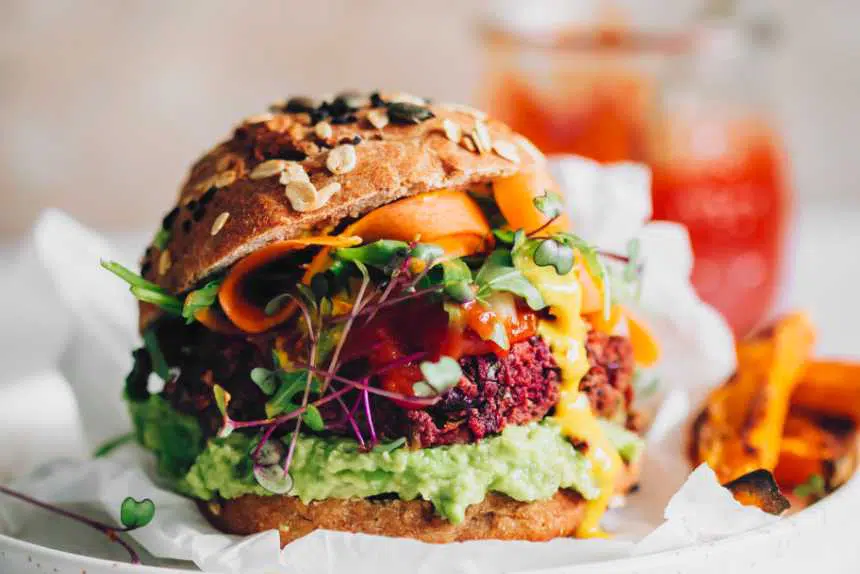

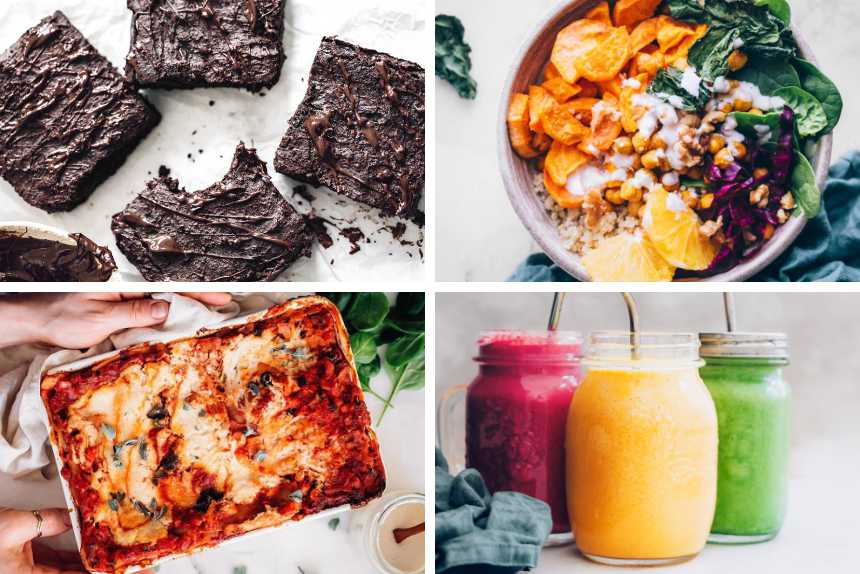
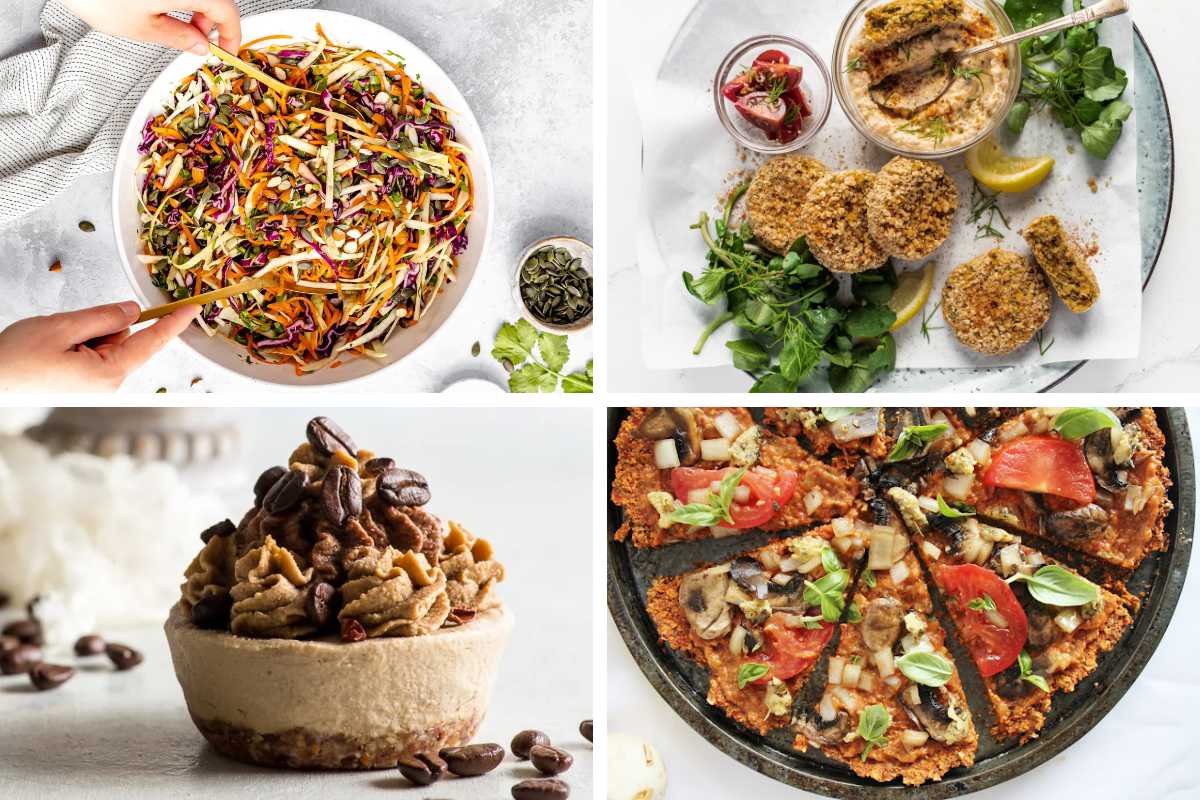
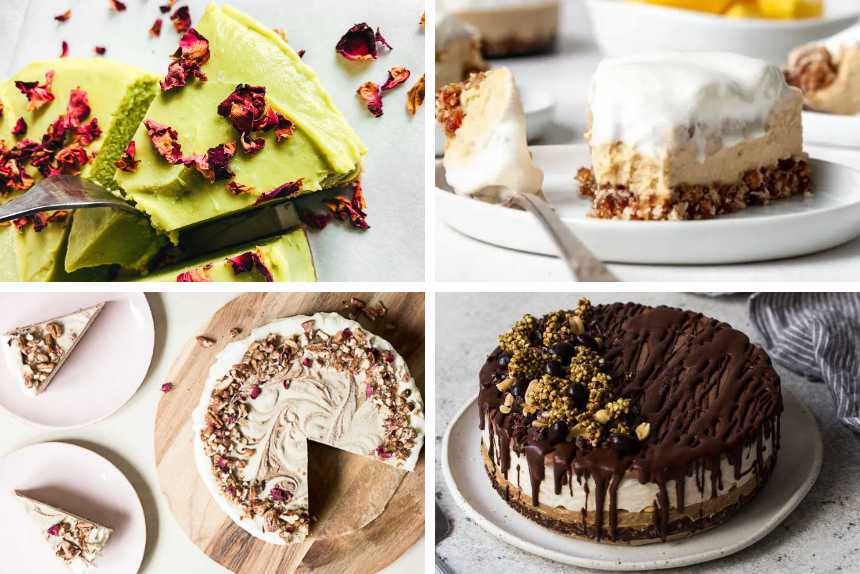
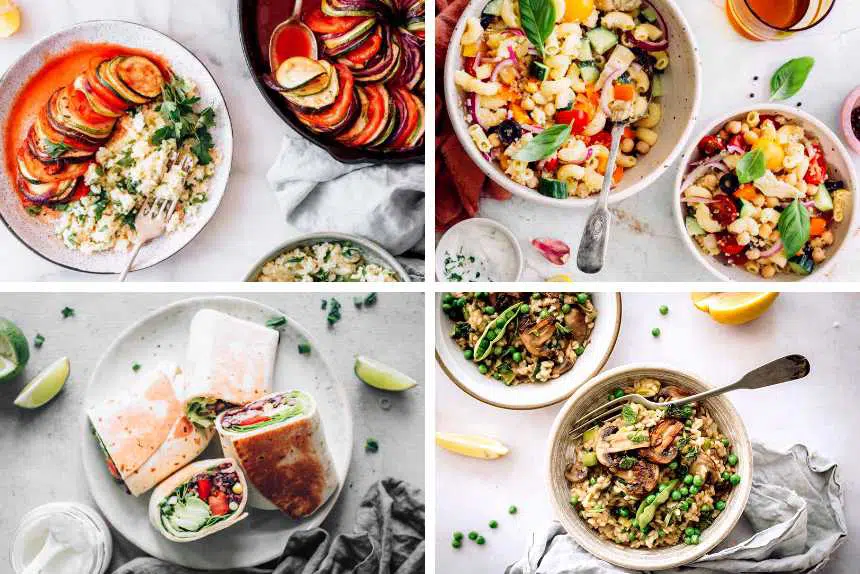
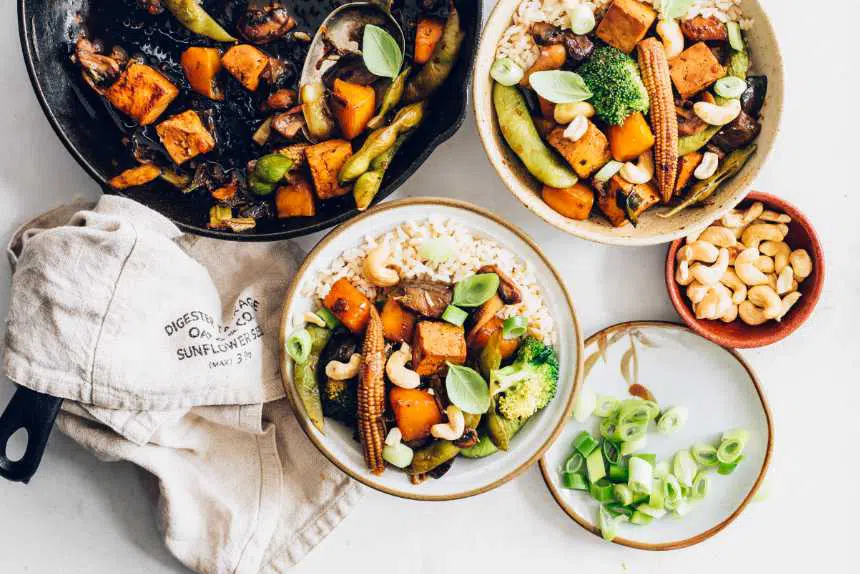
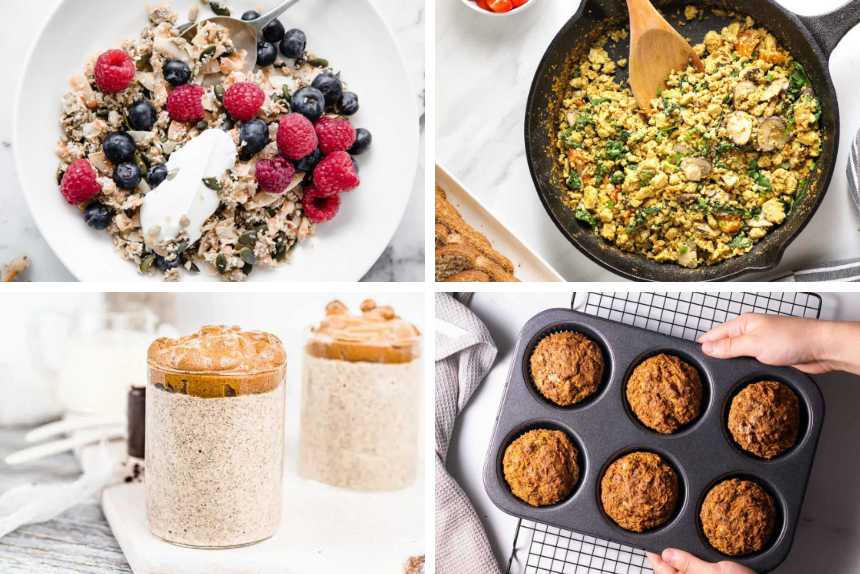
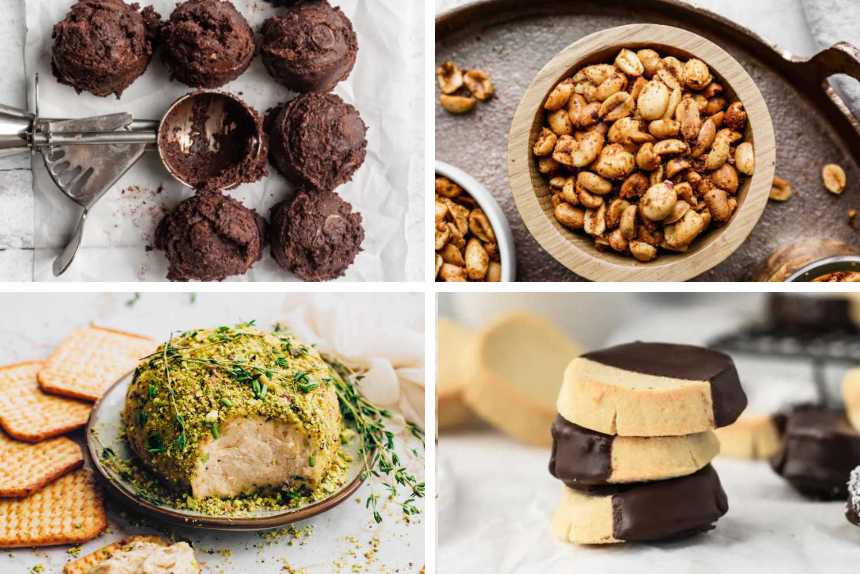
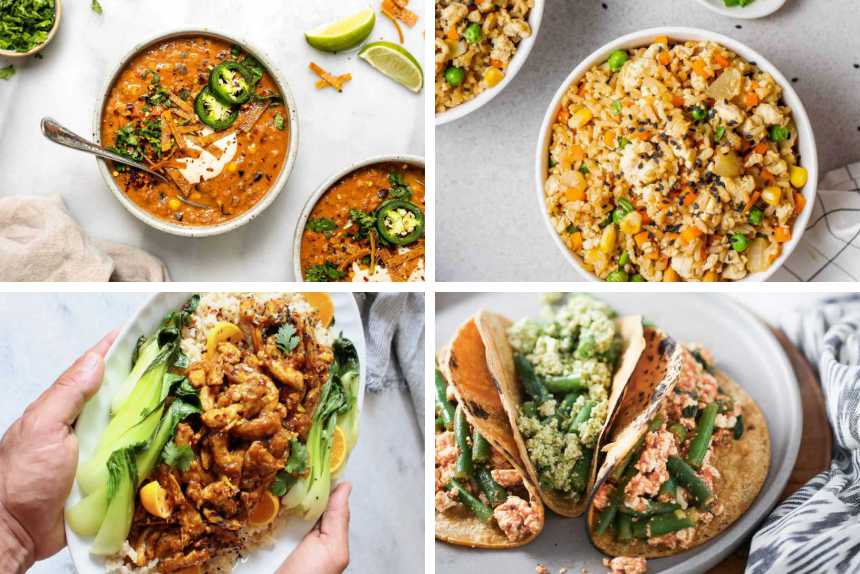
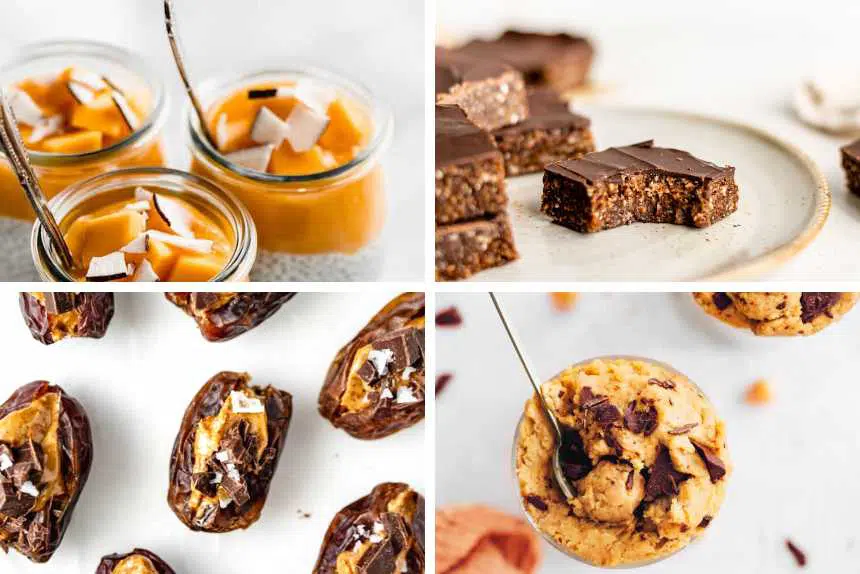
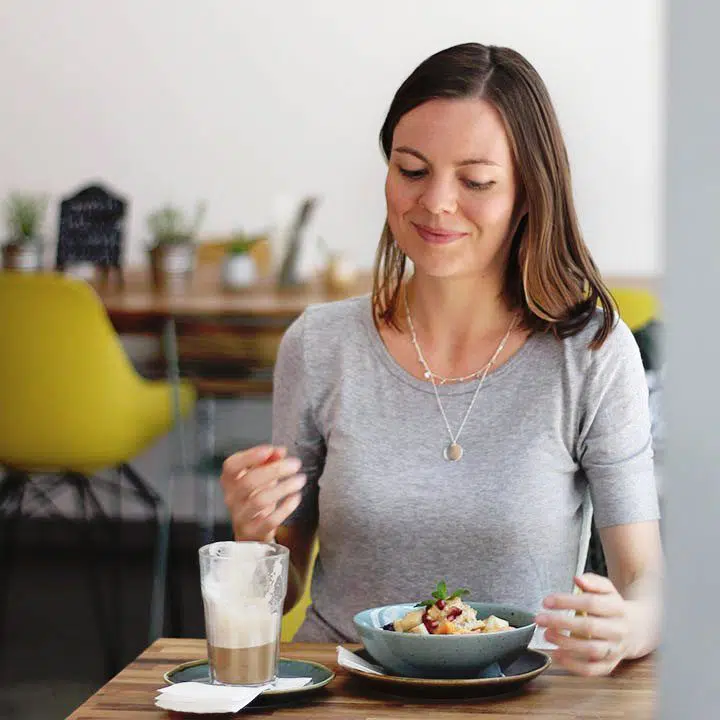
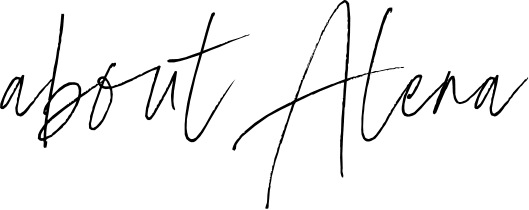 Alena Schowalter is a Certified Vegan Nutritionist who has been a vegetarian since childhood and vegan since 2012. Together with her husband, she founded nutriciously in 2015 and has been guiding thousands of people through different transition stages towards a healthy plant-based diet. She’s received training in the fields of nutrition, music therapy and social work. Alena enjoys discussions around vegan ethics, walks through nature and creating new recipes.
Alena Schowalter is a Certified Vegan Nutritionist who has been a vegetarian since childhood and vegan since 2012. Together with her husband, she founded nutriciously in 2015 and has been guiding thousands of people through different transition stages towards a healthy plant-based diet. She’s received training in the fields of nutrition, music therapy and social work. Alena enjoys discussions around vegan ethics, walks through nature and creating new recipes.
Have you heard of Dr. Lawrence Wilson? He says it’s best to eat around 70% cooked vegetables, around 10% whole grains, and that it’s extremely dangerous to not eat any animal protein, and that it should be around 15% of the diet. Healthy fats are around 5%. All raw vegetables and all fruit are avoided. Do you think he is trustworthy? He gives all his reasons here on why he thinks veganism is so dangerous.
Hi Daniel,
thanks for your comment. I cannot see how a diet that’s made up of 70% cooked veggies can be sustainable and offer you enough energy or nutrition. Raw vegetables like leafy greens are incredibly nutrient-dense and healthy, so nobody should cut them out per se (unless you have a specific illness perhaps). I honestly don’t have the time to look through the whole article you mentioned but there aren’t any magical nutrients found in animal protein that you cannot get from plants. Food always comes as a package of nutrients and animal products give you many of the things you don’t want like cholesterol, saturated fat, hormones and more. Even the ADA stated that vegetarian and vegan diets can be healthy for every stage of life (https://www.ncbi.nlm.nih.gov/pubmed/19562864), large studies show that populations get healthier and live longer the more plant-based foods they consume. The top of the list? The vegan Adventists from California. https://nutritionfacts.org/topics/adventist-health-studies/
The, there’s only one diet that can treat and reverse type 2 diabetes and heart disease, which is a low-fat vegan diet. So shouldn’t this be our default? Thousands of people die because of such preventable diseases each year.
Try it for yourself, get your blood levels checked and see how you’re doing. Any diet that’s high in plant-based foods is better than a typical Western-style diet.
Hope this was helpful :)
Take care
There are plenty of cultures with heathy people living on mostly or all vegetables. Take Buddhist monks or wealthy (not malnourished poor folk) Hindus. What might be true is that it’s easier to miss out on some nutrients if you go on a peculiar diet. Then again, it’s easier to get heart disease on a fast food diet!
Alena, what do you think about orthorexia? I wasn’t even aware how bad it could get until recently. Or even just being OCD? I do think that a healthy mind is crucial for any diet plan, vegan or not.
Any one know how to lose weight on a vegan diet? I’ve lived the majority of my life on a eat whatever I want junk diet, last June I very happily transitioned into a clean, whole, organic (processed sugar, simple carbs, processed foods of all kinds, dairy free) diet. I ate only organic, local produce and local, organic lean meat and eggs. Over the course of 8 months, I lost 60+ lbs! I was ecstatic!!! Then I started watching the food documentaries!!! Food Inc, Forks Over Knives, Cowspiracy, etc, and became outraged with the whole Animal Ag business and decided to no longer consume animal products for ethical, environmental, health, and personal reasons. So… now it’s WFPB for me, and ever since making that decision and eating WFPB, I haven’t lost any more weight. I still have 20 left to lose (and my husband following my path still has 35 to lose), but the scale hasn’t budged in 3 months!!! Any advise?
Hi Michelle,
we have lots of experience on losing weight on a vegan diet. Please check out our resources here:
http://nutriciously.com/eat-lot-still-lose-weight/
http://nutriciously.com/lose-weight/
http://nutriciously.com/motivation-to-eat-healthy/
http://nutriciously.com/binge-eating-vegan/
Awesome that you’ve gotten into healthy eating and that these documentaries have brought you to WFPB and ethical veganism. Feel free to email us about what you’re eating so we can figure what you can tweak to lose a few pounds :) Just need some more details here.
All my best
Alena
Great post, tons of value here and plenty of different vegan options to spice things up. The High Fat Raw Vegan Diet has been what I’ve been doing for the past 6 months. Me and my girlfriend have loved it but have been getting a little bit bored of the options. This really exposed a lot of new delicious options for ourselves and for our locals in Miami. Thanks for the awesome post!
Steven
http://www.earthlyessencellc.com
Very happy to hear that your vegan diet has been working for you in the beginning! We’re definitely on the lower fat train after listening to many professionals and large studies. Hope you’ll find some new ideas here to switch things up and make it work for you :)
Thanks for the ovely list…it’s all good!
I would recommend Janice stanger’s book called The Perfect Formula Diet, a masterpiece!
Great that you like the article! Will check out the book you mentioned, thanks for sharing :)
No offense, but, just to be clear, what you are describing is not a “vegan diet”, but a plant-based diet.
“Veganism is a way of living which seeks to exclude, as far as is possible and practicable, all forms of exploitation of, and cruelty to, animals for food, clothing or any other purpose.
There are many ways to embrace vegan living. Yet one thing all vegans have in common is a plant-based diet avoiding all animal foods such as meat (including fish, shellfish and insects), dairy, eggs and honey – as well as products like leather and any tested on animals.”
“It’s not just about diet [although it’s a good start!]
Vegans avoid exploiting animals for any purpose, with compassion being a key reason many choose a vegan lifestyle. From accessories and clothing to makeup and bathroom items, animal products and products tested on animals are found in more places than you might expect. Fortunately nowadays there are affordable and easily-sourced alternatives to just about everything.”
Much more at this link:
https://www.vegansociety.com/go-vegan/definition-veganism
As a going-on-30-years vegan, I know that it can take some time to adopt a vegan lifestyle (rather than a diet) and there’s no such thing as perfection, but it’s easier than ever. And it’s ever-more crucial to saving our environment, as well.
And check out http://www.ecorazzi.com/2016/01/28/if-you-are-on-a-plant-based-diet-stop-calling-yourself-vegan/
“I know that if people are comfortable with trading steaks for green smoothies, they have the capacity to care and a ton of patience. All I ask is that the plant-based people consider the next steps,…”
“Eating a plant-based diet has many benefits, but switching to veganism has the ability to make a difference in more than just your own life.”
All the best, Bryanna
Hi there Bryanna,
I appreciate you taking the time to share your opinion on here! And I agree about the definition of veganism not just being a diet. Both Lars and I are ethical vegans, trying to help others make the connection and start acting differently – most people are interested in their health and personal lifestyle which is why we focus on that part. We probably don’t use the term “vegan” as per this definition 100% of the time (telling people they can just eat more vegan meals per week or so) but as it as used by most people, meaning just not eating animal products first and foremost. I know that just because you don’t consume them doesn’t mean you’re a full blown vegan but we want to make it more inviting and interesting to everyone so they can start making important changes before they feel they can “commit” it to 100%. I just hope you understand what I mean here. I’ll make sure to differentiate between vegan and plant-based more in the future and maybe dedicate a whole blog post to this topic!
Best wishes,
Alena
There truly are opposed opinions concerning vegan and plant-based diets, just like opinions and research about every other diet. What’s ultimately most important is to listen to your body and find what works best for you. Alena gave many excellent examples of plant-based diets that anyone can try and see if it works for them. As a vegan I settled on a diet that is good for me concerning my health, but also a diet that emphasizes compassion, animal and environmental welfare, points that are important to me. And there are so many recipes from amazing bloggers, I can try something new almost every day.
All great points, thanks for your feedback! I think many start out on a vegan diet because of health concerns and narrow their diet down to just a couple of foods/food groups… but over time you’ll get to know your body better and the diet naturally shifts. It’s totally fine to eat differently at different points in your life, too :)
This is soooooo helpful and well researched. Thanks so much! I really enjoyed reading all your thorough research. :)
Thanks for the feedback, Tania! Happy you liked it :)
That mango baobab smoothie bowl looks absolutely fantastic. Beautiful photos, too. I look forward to trying this.
Love the You’re not vegan enough comment.
Valuable site, where did u come up with the information in this posting? I am pleased I discovered it though, ill be checking back soon to find out what new content pieces u have.
Wow, what a blog! I mean, you just have so much guts to go ahead and tell it like it is. Youre what blogging needs, an open minded superhero who isnt afraid to tell it like it is. This is definitely something people need to be up on. Good luck in the future, man
Congratulations you guys, nice couple, have fun.
Thanks for the post. Im a big fan of the blog, i’ve even put a little bookmark right on the tool bar of my Firefox you’ll be happy to find out!
Valuable site, where did u come up with the information in this posting? I am pleased I discovered it though, ill be checking back soon to find out what new content pieces u have.
After having moderate-severe anorexia and then orthorexia, i now just use intuitive eating. However, my overall eating pattern is guided by a wish to be as climate and animal friendly as is possible for me at the moment. It is now (after massive extreme hunger after years of massive restriction!) mostly whole foods, almost entirely plant based and the most at peace with food that I’ve been for years.
Update- I’m now 100% plant based and vegan 😃
Of all the different types of vegan diets, whole food vegan diet is the yummiest and it tends to cover a whole lot of food spectrum to give you all the nutrients you need
Cheers
This a gem article i found! A straight bookmark on my browser 😁 !
I’m not promising but will try to shift little step at a time towards vegan diet!